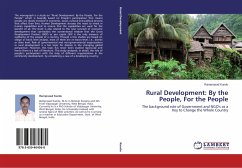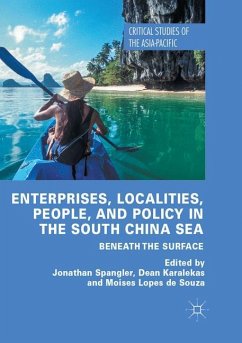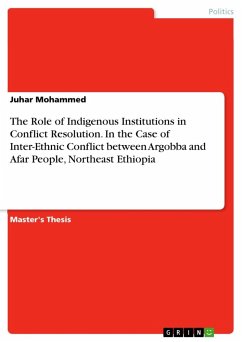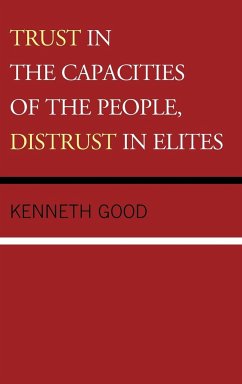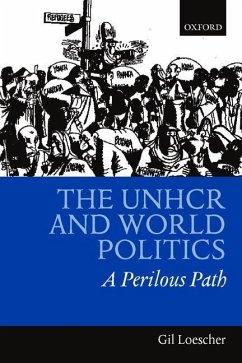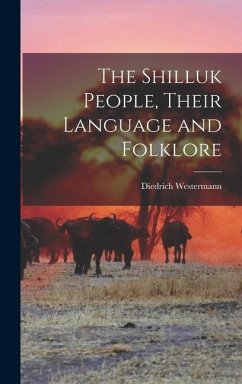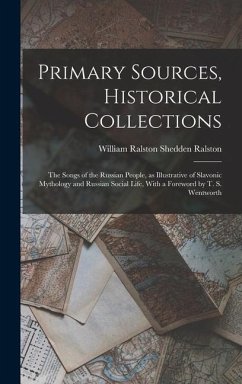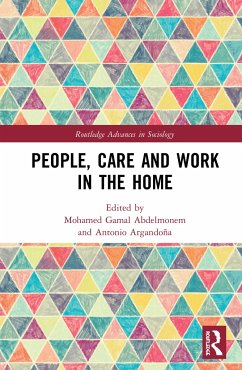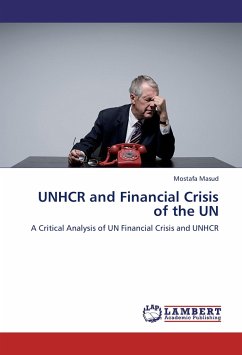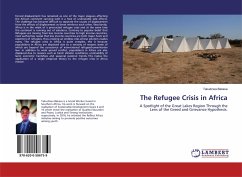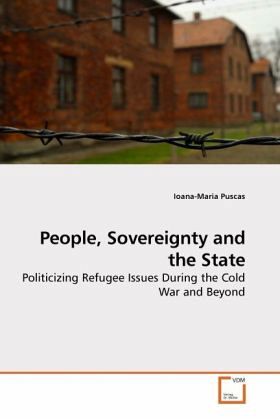
People, Sovereignty and the State
Politicizing Refugee Issues During the Cold War and Beyond
Versandkostenfrei!
Versandfertig in 6-10 Tagen
32,99 €
inkl. MwSt.

PAYBACK Punkte
16 °P sammeln!
The book focuses on the way refugees, as humans outside their political community, fit into a state system for which the trinity state-nation-citizen acquired a normative value. The book shows how the location of refugees in the political discourse highlights the difference between citizen and human, as the fundamental conflict of modernity. Taking into consideration the way (the identity of) the refugee was politicized during and after the Cold War, it becomes obvious that refugee issues have not been treated as a unitary category. Different definitions and approaches existed in parallel and,...
The book focuses on the way refugees, as humans outside their political community, fit into a state system for which the trinity state-nation-citizen acquired a normative value. The book shows how the location of refugees in the political discourse highlights the difference between citizen and human, as the fundamental conflict of modernity. Taking into consideration the way (the identity of) the refugee was politicized during and after the Cold War, it becomes obvious that refugee issues have not been treated as a unitary category. Different definitions and approaches existed in parallel and, accordingly, different types of relations between the refugee and the sovereign power. The common acceptance of the refugee, i.e. the "Eastern hero", became a battlefield throughout the Cold War, serving the West in the stigmatization of its ideological other . At the same time, a radically different vision for the Third World refugee emerged. Finally, the book analyzes to what extent the refugee and humanitarian regimes(mainly the activity of UNHCR) can be seen as articulating a form of resistance to the claims of the sovereign power for full control within its boundaries.



